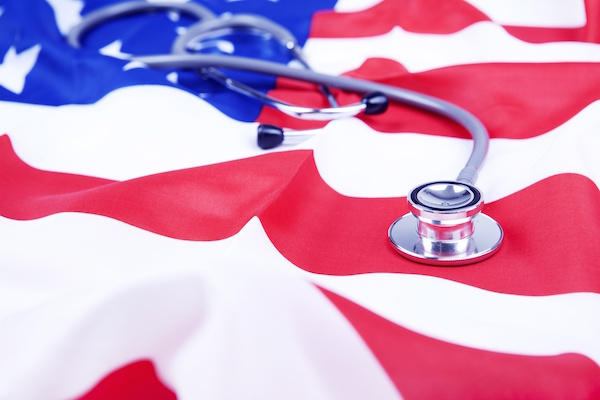
THURSDAY, March 25 (HealthDay News) — Mexican Americans with stroke symptoms are less likely than whites to call 9-1-1 and to be taken by ambulance to hospital, a new study finds.
Researchers analyzed data from the Brain Attack Surveillance in Corpus Christi, Texas project on 1,134 Mexican Americans and non-Hispanic whites, aged 45 and older, who had an ischemic stroke between 2000 and 2006.
The study, published online March 25 in the journal Stroke, found that 40 percent of Mexican Americans and 56 percent of whites called 9-1-1 when they had stroke symptoms, while 27 percent of Mexican Americans and 29 percent of whites arrived at the hospital within three hours of the start of stroke symptoms.
The researchers also found that Mexican American and white women with stroke were much less likely than men to arrive at hospital within three hours. The three-hour window is important because that’s the time limit for treatment with a clot-busting drug.
Women are more likely to live alone than men and may not be aware of stroke symptoms, noted senior study author Dr. Lewis B. Morgenstern, director of the stroke program and professor of neurology, epidemiology, emergency medicine and neurosurgery at the University of Michigan, Ann Arbor.
“Living alone is a very important aspect. Many people with stroke fall down, have trouble speaking, can’t use their arms and have trouble getting to the phone. So, more than 95 percent of the time when 9-1-1 is called, someone else calls,” Morgenstern said in a news release from the American Heart Association.
He said further research is needed to determine how ethnicity and gender affect the use of 9-1-1 when someone suffers a stroke.
More information
The U.S. National Institute of Neurological Disorders and Stroke has more about stroke.

